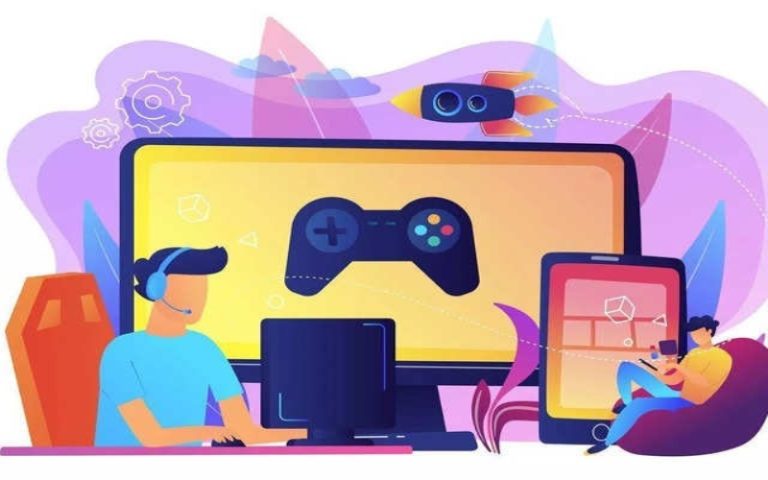In the vast landscape of online toto togel gaming, where virtual worlds are crafted and explored, lies a unique opportunity to not only entertain but also educate and preserve cultural heritage. In this article, we delve into the intersection of online gaming and cultural heritage, exploring how games can serve as a powerful medium for preserving folklore, traditions, and historical narratives.
The Power of Storytelling in Gaming
At the heart of many video games lies a captivating story, weaving together characters, settings, and conflicts to immerse players in a rich narrative experience. Just as oral traditions have been used for generations to pass down stories from one generation to the next, video games offer a modern platform for preserving and sharing cultural narratives.
Through engaging gameplay and interactive storytelling, developers have the ability to introduce players to diverse cultures and traditions from around the world. By incorporating elements of folklore, mythology, and history into their games, developers can create immersive experiences that not only entertain but also educate players about different cultural perspectives.
Exploring Cultural Landscapes
One of the most compelling aspects of online gaming is the ability to explore vast virtual landscapes inspired by real-world locations. From ancient ruins to bustling city streets, these digital environments offer players a glimpse into the rich tapestry of human history and culture.
Games such as Assassin’s Creed series and The Legend of Zelda: Breath of the Wild are renowned for their attention to detail in recreating historical and mythological settings. By meticulously researching and recreating iconic landmarks, architecture, and landscapes, developers can transport players to distant lands and immerse them in the cultural heritage of different civilizations.
Celebrating Diversity and Inclusivity
In recent years, there has been a growing emphasis on diversity and inclusivity in the gaming industry, with developers striving to create more representative and inclusive gaming experiences. From diverse character designs to inclusive narratives that explore themes of identity and belonging, games have the power to celebrate the rich tapestry of human experience.
By showcasing diverse cultures and perspectives in their games, developers can help break down barriers and foster greater understanding and empathy among players. Whether it’s through the portrayal of indigenous folklore, traditional music, or cultural rituals, games have the ability to celebrate the diversity of human culture and promote cross-cultural exchange.
Preserving Endangered Traditions
In many parts of the world, traditional folklore and cultural practices are at risk of being lost as younger generations become increasingly disconnected from their cultural heritage. Online gaming offers a unique opportunity to preserve and revitalize these endangered traditions by incorporating them into interactive experiences that resonate with modern audiences.
Games such as Never Alone, which draws inspiration from indigenous Alaskan folklore, and Mulaka, which explores the mythology of the Tarahumara people in Mexico, are shining examples of how games can serve as a platform for preserving and celebrating indigenous cultures. By working closely with cultural experts and community members, developers can ensure that these traditions are represented with authenticity and respect.
Educational Value of Gaming
Beyond entertainment, online gaming also has significant educational value, offering players the opportunity to learn about different cultures, histories, and traditions in an engaging and interactive way. By immersing players in historical settings and cultural contexts, games can spark curiosity and encourage further exploration and learning outside of the virtual world.
From historical strategy games that simulate pivotal moments in history to interactive experiences that explore cultural customs and traditions, there is a wealth of educational content available to players of all ages. By leveraging the interactive nature of gaming, educators can create engaging learning experiences that complement traditional teaching methods and inspire a lifelong appreciation for cultural heritage.
Conclusion
In an increasingly interconnected world, online gaming has emerged as a powerful medium for preserving and celebrating cultural heritage. By incorporating elements of folklore, traditions, and historical narratives into their games, developers can create immersive experiences that entertain, educate, and inspire players from around the world.
As we continue to push the boundaries of what is possible in the world of gaming, let us not forget the importance of preserving our cultural heritage for future generations. Through collaboration and creativity, we can ensure that the stories and traditions of our ancestors live on in the virtual worlds of tomorrow, enriching the gaming landscape with a diversity of voices and experiences.


